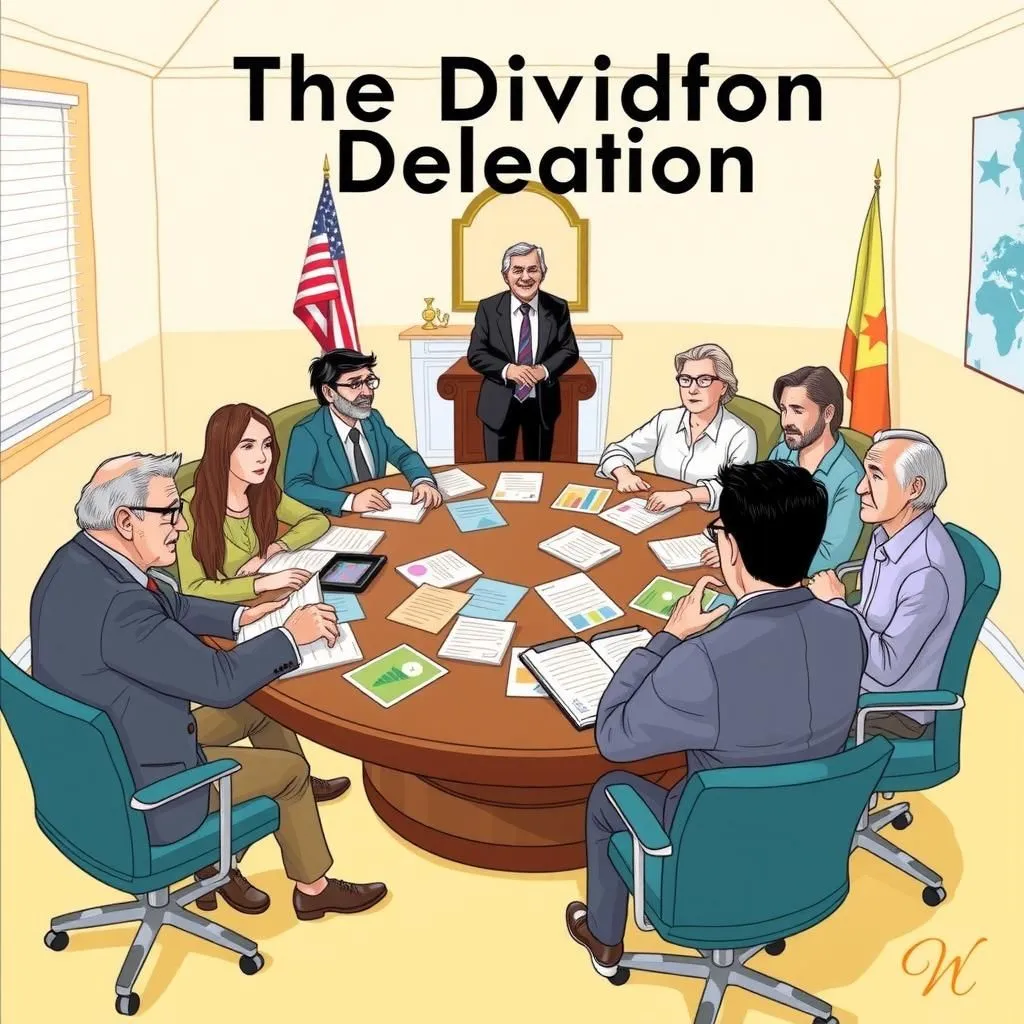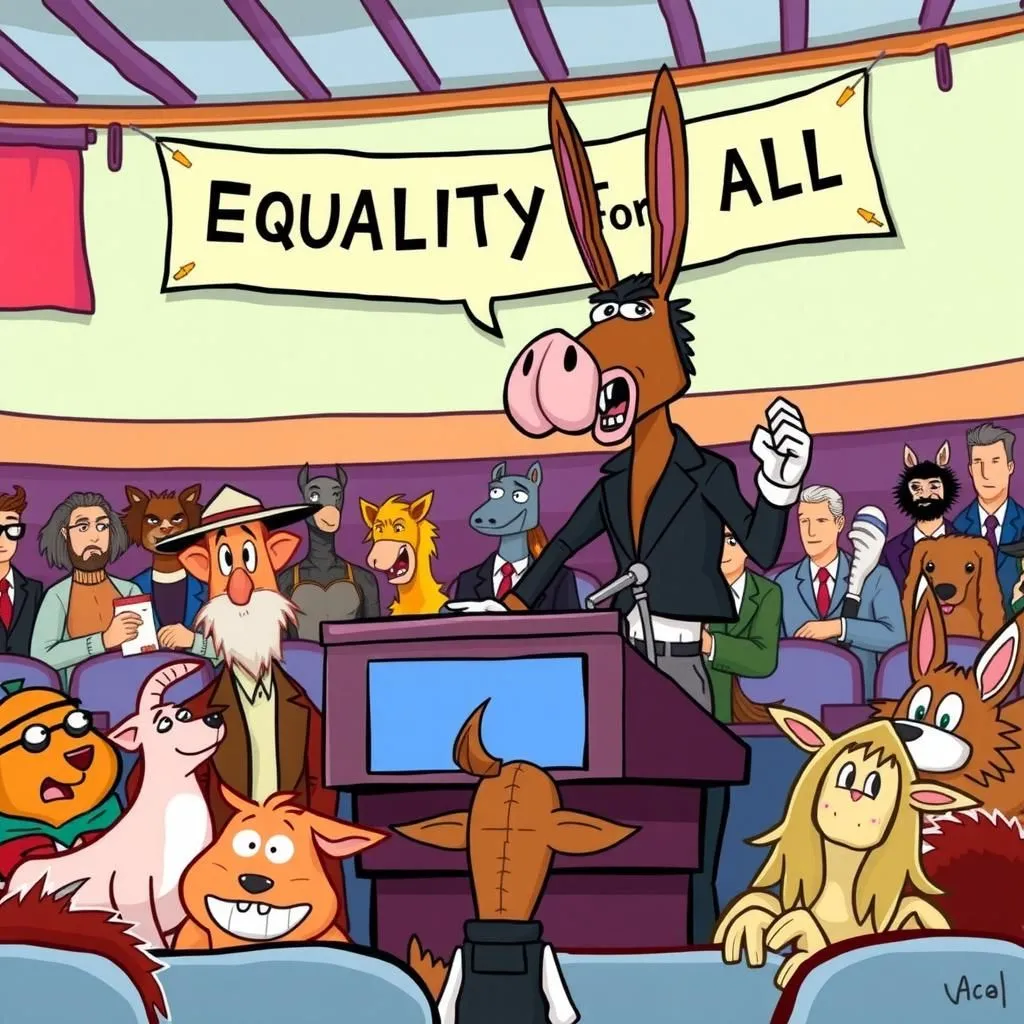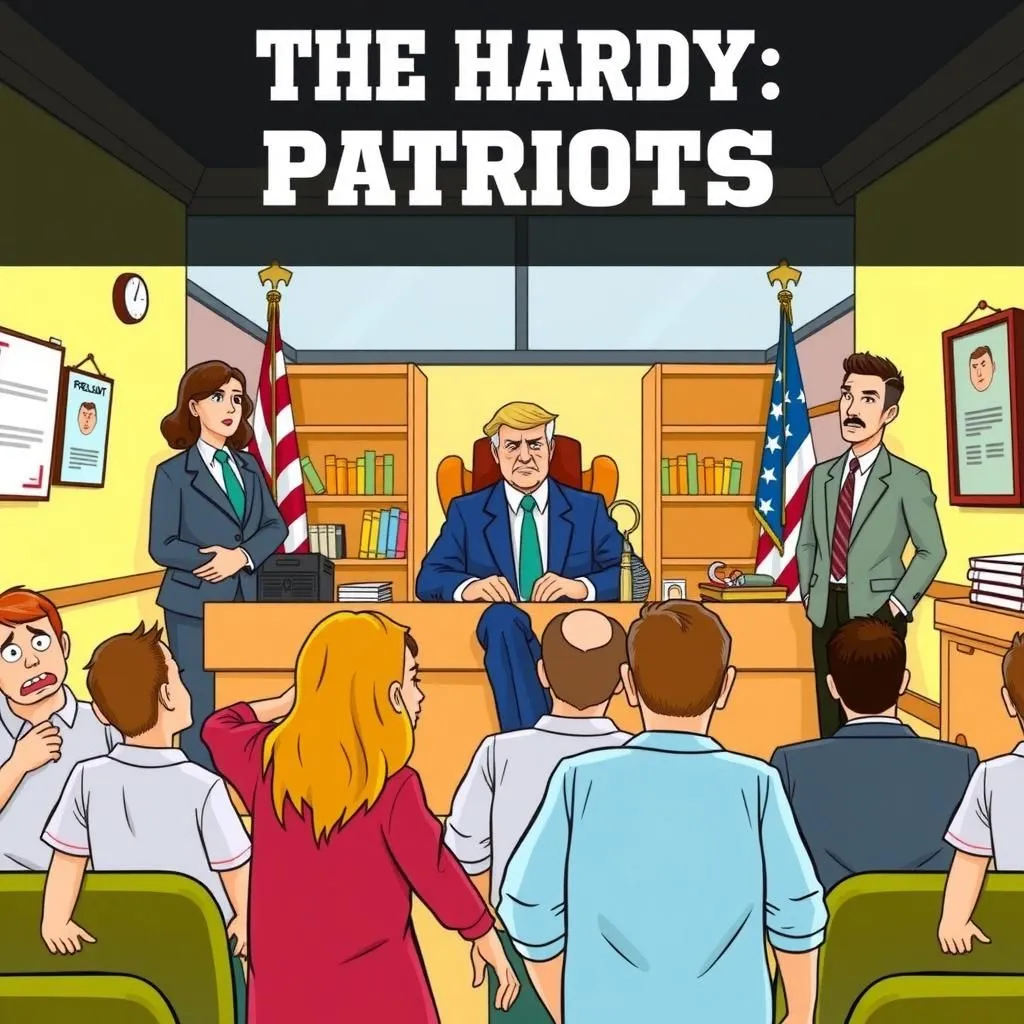
The Divided Delegation
In "The Divided Delegation," a group struggles to agree on a candidate for the President's Cabinet, leading to their imprisonment until they reach a consensus. After weeks of deliberation, they reconcile their differences, but the President reveals his selections were already made, illustrating the moral that harmony is essential for the greater good. This quick read story with a moral lesson leaves the delegation's happiness uncertain, emphasizing the often complex nature of compromise in storytelling with morals.


